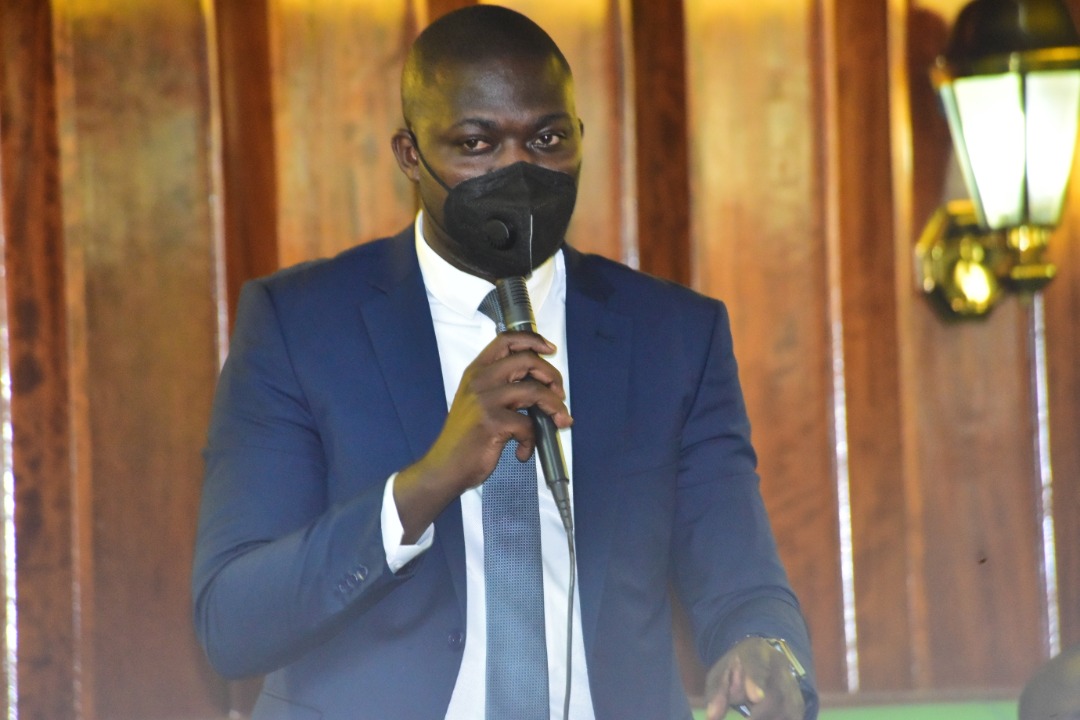Introduction.
On 11 September 2017, the Tanzanian government provided the necessary ratification for an Intergovernmental Agreement (“IGA”) between Uganda and Tanzania relating to the East African Crude Oil Pipeline (“EACOP”). The EACOP will allow crude oil to be transferred from Hoima in Uganda to Tanga Port in Tanzania.
The approval by Tanzania marks a significant and positive step forward in the development of what will be the longest electrically heated crude oil export pipeline in the world. The Ugandan cabinet had previously approved the IGA in mid-August.
Project details and significance.
The EACOP will run for approximately 1,445-kilometres with a forecasted construction budget of over $3.55 billion and will have the capacity to transport 216,000 barrels of oil per day once fully operational. It is thought that the EACOP will dramatically increase the viability of oil extraction opportunities in Uganda which has vast reserves, estimated at 6.5 billion barrels of which 1.7 billion are thought to be recoverable.
Developments at Tilenga, the Northern Lake Albert Upstream Project, and Kingfisher Upstream projects are contingent on the EACOP’s construction which is expected to begin in early 2018 and projected to take 36 months. Uganda believes it can begin exporting crude oil via the port of Tanga in Tanzania by 2020.
Terms of the Treaty and financing of the EACOP.
The IGA stipulates areas of cooperation between the two states, rights and freedoms for the project operators as well as the concessions that the respective government will provide for the project. It also covers the terms on tax incentives for the project, implementation timelines, the size of the pipeline and local content levels.
The project is to be implemented through the establishment of an SPV pipeline company which will comprise the two governments and France’s Total SA, the UK’s Tullow Oil and China’s National Offshore Oil Corporation (CNOOC).
The EACOP SPV will be responsible for financing the project with an expected 60:40 debt to equity split. Uganda’s StanBic Bank and Japan’s Sumitomo Mitsui Banking have been appointed as joint financial advisers.
The Proposed Legal Framework.
The East African Crude Oil Pipeline (Special Provisions) Bill, 2021 presented by the Minister of State for Mineral Development, Hon. Sidronious Okasai seeks to facilitate the full implementation of Uganda’s obligations under the Intergovernmental Agreement and the Host Government Agreement.
The object of the Bill is to enable some provisions of the Intergovernmental Agreement signed between Uganda and Tanzania as well as the Host Government Agreement signed between Uganda and the East African Crude Oil Pipeline Company Limited to allow for progress of the project.
The Bill will cater for some matters agreed upon in the agreements that are necessary for lawful implementation of the project in Uganda but are not covered by or are inconsistent with the existing law.
The new law will provide for the tariff regime applicable to the project during the different phases of operation including the construction and operation period.
The new bill will also enable Government and the Uganda National Oil Company to pay the transportation tariff in kind, ensure that the project obtains required authorizations in a timely manner as well as grant and protect land rights of the project including land acquisition.
The Bill when passed into law will define the local content regime applicable to the EACOP and ensure that Ugandan citizens and enterprises benefit from the project. It will also guarantee third party access to the pipeline and define the tariff to be paid.
Gaps in the Proposed Bill.
Basically, the Bill does not define a Pipeline. A humble definition would be as “A pipeline for conveyance of minerals, Oil, natural gas and any other derivatives or components, and also any other substance (including steam water) used or intended to be used in the production or refining or conveying of mineral, oils, natural gas and nay other derivative or component” This gives us a basis on what the House is dealing with. The Bill at hand has not defined what it is dealing with in any way permissible.
The Oil Pipeline Bill should adequately address energy related conflicts associated with Pipeline damages. These associated damages include nonpayment of adequate compensation arising from the interference with the right of way of host communities and the impact of the obstruction caused by the Pipeline on Agriculture, food security and environmental restoration which this Bill fails to address.
The Bill ought to cover issues such as permits to survey pipeline routes, rights and obligations of pipeline owners, restrictions upon use, rights and duties of third parties to use the Pipeline and payment of compensation for damages caused by the license of the Pipe. The Bill should categorically provide for the rights of a licensee on land and equally stipulate the width of the land which the pipeline should take.
The Bill should be elaborate on the powers to operate a Pipeline which will include to maintain and construct any ancillary installations like roadways, electric cables which should be enjoyed by persons other than the licensee alone. Additionally, the Pipeline owner should be charged with the duty to monitor and protect the pipeline from third parties and incase of any resulting damage or pollution arising from acts a third party, the licensee should be held strictly liable.
In Ryland Vs Fletcher 1868 L.R3H582 the consequences of the likely escape of substances kept by an occupier or owner of land should be borne by the owner. Alternatively the Bill should invoke the Polluter pays principle since the polluter is expected to reasonably protect its properties from damage or attack.
The Bill should come out on matters to do with compensation to be paid to land or persons suffering damage arising from interests in land from the activities of the licensee on a third party who was not negligent.
Compensation in respect to developments on land should be done in line with the current land legal regime and will be based on the actual economic value and social impacts of the licensees’ activities on the land in question. This should be so because we must take into account the loss of use of land, damages done on the land or buildings and the disturbances caused as a standard benchmark.
The Bill should provide for Court Jurisdiction in Oil Pollution Matters arising from the Pipeline. The court of jurisdiction should be such a court that is accessible to be able to hear various Oil pollution cases arising from the Pipeline situate in any part of the Country (Magistrates Courts would be appropriate).
I equally submit that Crude Oil is comprised in Land and Water of Uganda hence it should be guarded jealously by the government. This calls for adequate provisions for remediation of the environment and its impacts on the host communities. In this Bill the government has failed and has not discharged its responsibility as a faithful trustee of the citizen’s land and has compromised on issues to do with environmental protection resulting from the leakages.
Studies published in the UNEP Report in Ogon State in Nigeria have indicated that restoration of Agricultural Land polluted caused by Pipe leaks could take up to 25-30 years to clean up hence denial of majority Ugandans their means of livelihood which is farming.
Such critical studies should be considered and appropriate provisions be put in the bill to cater for the likely future occurrences in this same line.
Conclusion.
In a nutshell and from the Analysis of this Bill, there are regulatory failures that affect not only the ability of the Bill to ensure security of supply but its ability to ensure environmental protection, reduction of pollution and Economic conflicts which are associated with it.
I beg to Submit.





